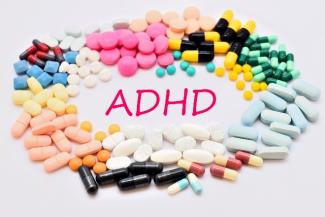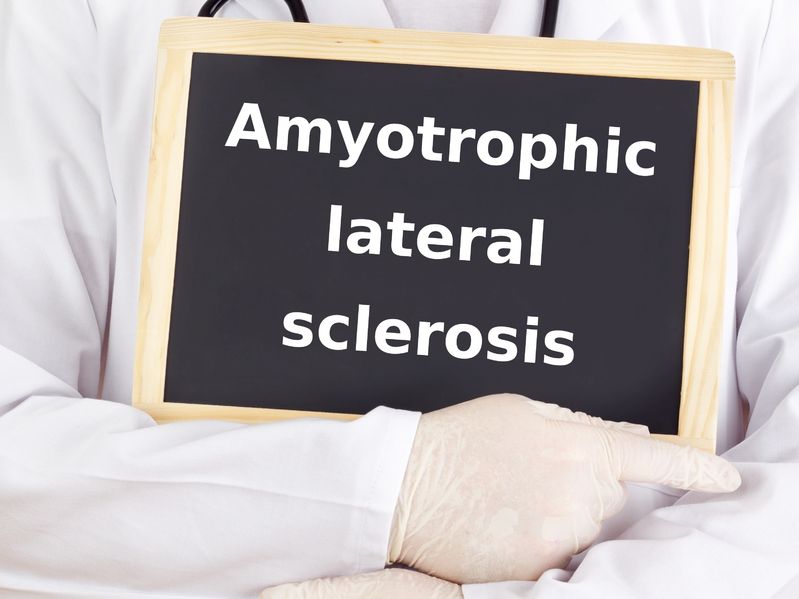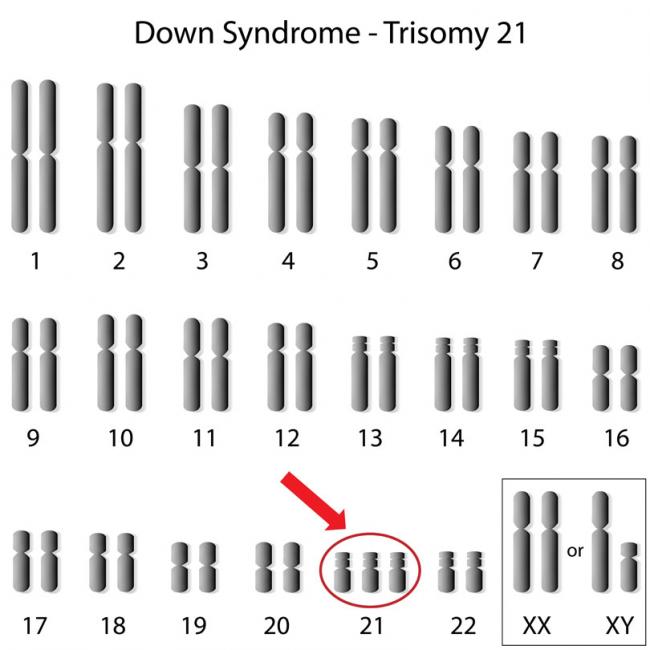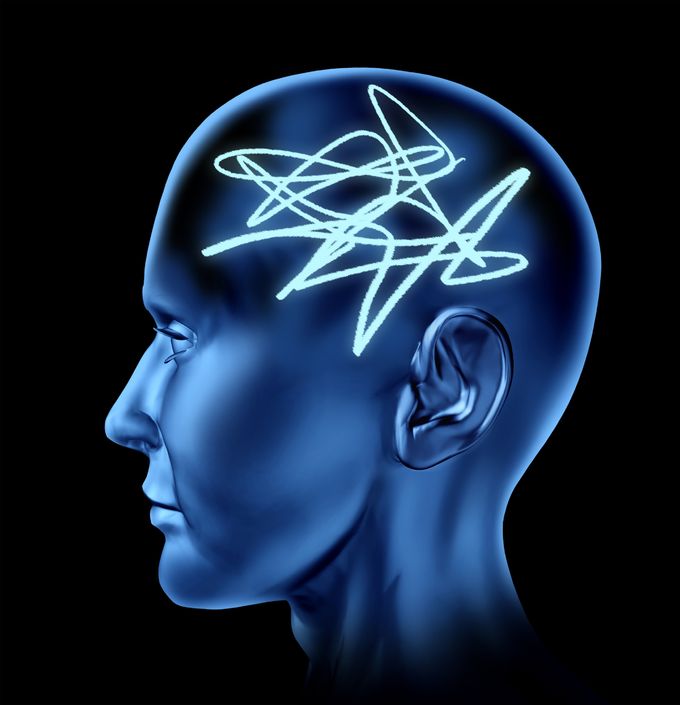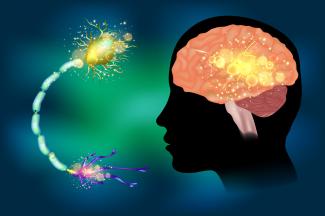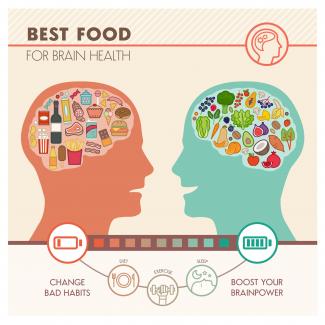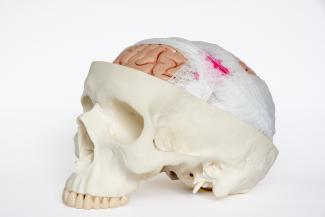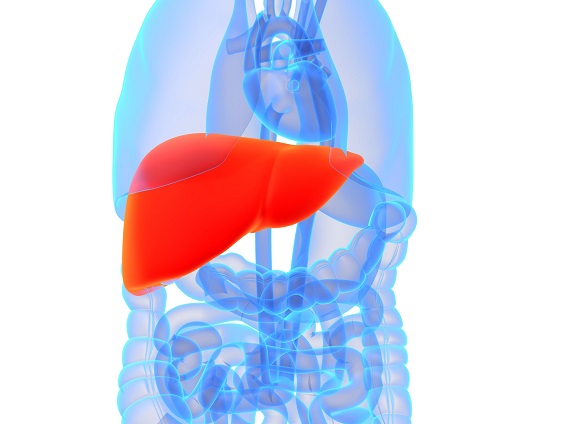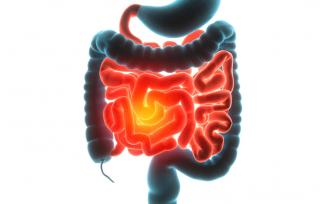Related Articles
- 10 Mar 17
- 05 May 14
 Concussions are extremely common in our society — an estimated 75% of all people will experience one in their lifetime!The majority of people recover completely from concussions within a week or two; yet, for a considerable number of people, the negative effects can last for months and even years. Mood symptoms like anxiety, irritability, and depression coincide with physical symptoms like headaches, fatigue, nausea, and dizziness; added to that are cognitive symptoms like problems with memory, decision making, and concentration difficulties. This constellation of symptoms is known as postconcussion syndrome (PCS).
17 Jan 1701 Oct 22
Concussions are extremely common in our society — an estimated 75% of all people will experience one in their lifetime!The majority of people recover completely from concussions within a week or two; yet, for a considerable number of people, the negative effects can last for months and even years. Mood symptoms like anxiety, irritability, and depression coincide with physical symptoms like headaches, fatigue, nausea, and dizziness; added to that are cognitive symptoms like problems with memory, decision making, and concentration difficulties. This constellation of symptoms is known as postconcussion syndrome (PCS).
17 Jan 1701 Oct 22Attention deficit hyperactive disorder (ADHD) is a neuropsychiatric disorder characterized by inattention, impulsiveness, and hyperactivity. The condition is commonly treated with stimulant therapy (methylphenidates or amphetamines in various forms). Stimulants tend to increase dopamine activity in the brain, and it is speculated that this may help with ADHD symptoms.
17 May 18Magnesium is the fourth most-abundant mineral in the human body, and is essential for the hundreds of metabolic and hormonal reactions occurring daily. It is generally known to be a component of bone formation (partnered with calcium), and is gaining more interest as a sleep aid due to its natural muscle relaxant properties.
11 Jul 17 Parkinson’s disease affects between 1–2% of the population over the age of 65 and is becoming a growing concern as the baby boomers advance in age. The condition is characterized by gait abnormalities, tremor, muscle rigidity, and slowing down of movement typically seen as difficulty walking or getting up out of a chair. 05 May 14
Parkinson’s disease affects between 1–2% of the population over the age of 65 and is becoming a growing concern as the baby boomers advance in age. The condition is characterized by gait abnormalities, tremor, muscle rigidity, and slowing down of movement typically seen as difficulty walking or getting up out of a chair. 05 May 14 Alzheimer’s disease is a progressive brain disease that slowly eats away at memories and causes problems with thinking. As the degeneration progresses, it can lead to the inability to complete even simple tasks. Symptoms typically will begin to appear after the age of 60. Alzheimer’s is considered the most common cause of dementia, which means loss of cognitive functioning and the loss of some behavioural functioning.
05 Jun 1706 Nov 14
Alzheimer’s disease is a progressive brain disease that slowly eats away at memories and causes problems with thinking. As the degeneration progresses, it can lead to the inability to complete even simple tasks. Symptoms typically will begin to appear after the age of 60. Alzheimer’s is considered the most common cause of dementia, which means loss of cognitive functioning and the loss of some behavioural functioning.
05 Jun 1706 Nov 14Amyotrophic lateral sclerosis (ALS), also known as Lou Gehrig’s disease, is a neuromuscular disease that is characterized by progressive nerve cell death leading to muscle weakness, paralysis and severe physical dysfunction. Approximately 2,500-3,000 Canadians currently live with this fatal disease.
25 May 16Down syndrome received its name in 1866, when John Langdon Down initially described this disorder. Down syndrome is more recently known as trisomy 21 (T21), which better describes the extra 21st chromosome that is distinctive for 95% of individuals with this genetic disorder.
07 Jan 22For centuries, mushrooms have been foraged and added to soups and stews for their robust nutritional profile. Fungi are much smarter than we think for what simple organisms they are.
01 May 21Seeing others in distress can make us feel sad; however, telling someone to be happy when they are not does not seem to work very well. In fact, trying to be happy is often a recipe for unhappiness! Psychology researchers have even put it to the test: People who were instructed to feel as happy as they can when listening to pleasant music felt lower mood than those who were exposed to the same pleasant music with no instruction.
05 Aug 1422 Dec 15Prions refer to abnormal pathogens that are transmissible and cause problems in the brain. Transmissible spongiform encephalopathies are a group of diseases associated with the protease-resistant protein (PrP). The exact function of PrP is unknown, although it is thought to be involved in the transport of copper into cells, neuroprotection and neuronal communication.
03 Jan 14Vitamin D3, also known as cholecalciferol or “the sunshine vitamin,” is an emerging nutrient with an array of potential therapeutic roles. In addition to its well-known role in bone health, vitamin D is being studied as an important agent in modulating immune function, mood, and cognitive function, as well as cardiovascular risk factors and protective effects against cancer development.
03 Jan 14$path = isset($_GET['q']) ? $_GET['q'] : '
';
$link = url($path, array('absolute' => TRUE));$nid = arg(1);
if ($nid == 201401){
?>download pdf
}
?> Fibromyalgia syndrome (FMS) is a condition characterized by chronic widespread pain and extreme fatigue. It has long been considered a controversial diagnosis, largely because its pathophysiology is poorly understood. Some have thought it to be a form of malingering, or a psychosomatic condition; others have viewed it as a rheumatologic or neurologic illness.
20 Sep 19
Fibromyalgia syndrome (FMS) is a condition characterized by chronic widespread pain and extreme fatigue. It has long been considered a controversial diagnosis, largely because its pathophysiology is poorly understood. Some have thought it to be a form of malingering, or a psychosomatic condition; others have viewed it as a rheumatologic or neurologic illness.
20 Sep 19 What comes to mind when you hear the word “seizure?” Having a seizure and/or witnessing a seizure can be a scary event. When a seizure happens, the neurons in the brain excessively and abnormally fire anywhere from a few seconds to several minutes, which causes changes in bodily control, behavior, sensation, and perception. 02 Aug 19
What comes to mind when you hear the word “seizure?” Having a seizure and/or witnessing a seizure can be a scary event. When a seizure happens, the neurons in the brain excessively and abnormally fire anywhere from a few seconds to several minutes, which causes changes in bodily control, behavior, sensation, and perception. 02 Aug 19Forgetfulness is often considered a normal part of aging. As we get older, we might all expect to notice changes in our memory, ability to focus, multitask and problem solve. Dementia is when these changes in cognition begin to impact daily functioning. With an aging population, dementia is expected to become the leading cause of disability worldwide by 2020 (4). Current treatments for dementia are limited and do not have great success rates. Finding ways to prevent, or at the very least slow the process of, age-related cognitive decline is tremendously important.
13 Feb 17A current analysis of research has identified citicoline as an indirect yet potent therapeutic agent that has halted disease progression, and in some cases participated in regression of Alzheimer’s disease.
12 Feb 20As Canadians, athletes are our celebrities. They win us championships and gain us worldwide recognition. They put our cities on the map and encourage future generations to continue their success. Because the retirement age for most sports is fairly young, we rarely hear about our celebrity athletes after they leave their sport. Hockey players, football players, and boxers all sustain tremendous amounts of head trauma over their career. Repetitive brain injury creates lasting effects on their physical and mental health, which we rarely hear about on the news.
Newsletter
Most Popular
- 26 Sep 13
- 13 Feb 16
- 17 Jun 13
- 17 Jun 13
- 17 Jun 13
- 01 Jul 13
- 17 Jun 13
- 17 Jun 13
- 17 Jun 13
- 01 Jul 13
- 17 Jun 13
- 17 Jun 13
- 17 Jun 13
- 01 Jul 13








